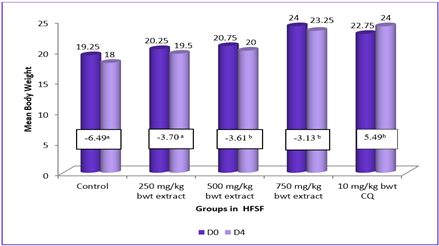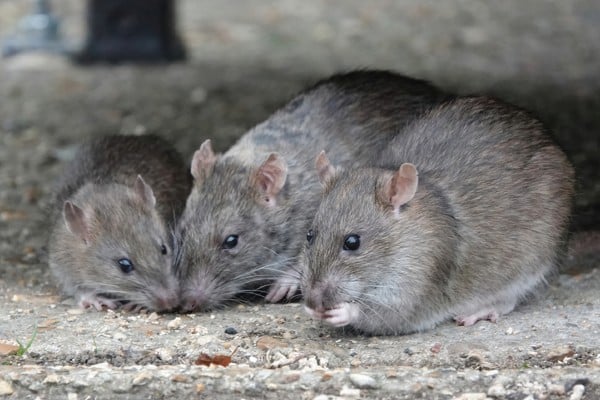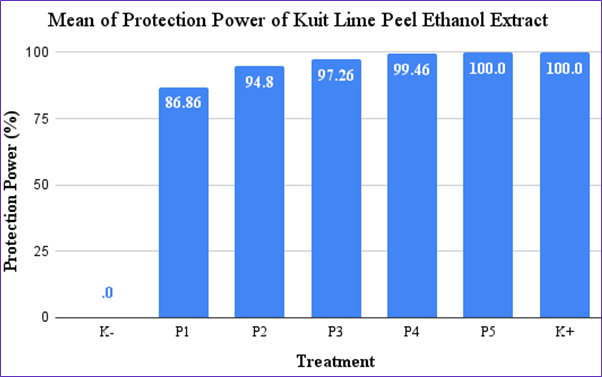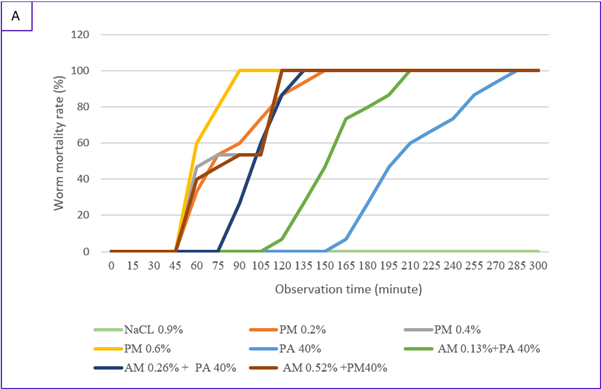Intestinal Helminth Infections Among Domesticated Cats in Malate, Manila, Philippines

Downloads
Intestinal helminthiasis is a public health issue in developing nations particularly those which have insufficient access to clean water, sanitary infrastructures, and lacks public health education. Due to the zoonotic potential of some intestinal helminths, cats, and other mammalian species with direct contact to humans may act as reservoir hosts and provide a medium for the transmission of zoonotic infections. This study aimed to determine the prevalence of intestinal helminths among domesticated cats in Malate, Manila, Philippines. A total of 25 cat stools were collected, processed using Formol-Ether Concentration Technique (FECT) and were microscopically examined. The overall prevalence of intestinal helminths was 76% (19/25). The intestinal helminths identified include roundworms of phylum Nematoda: Toxocara cati (44%) and Ascaris spp. (20%), whipworm: Trichuris spp. (24%), and hookworm (12%). All of the identified intestinal parasites have zoonotic potential and domestic cats are significant reservoirs of zoonotic intestinal parasites that can facilitate the transmission of infection to humans. Therefore, an innovative one-health approach strategy which includes constant monitoring and control of stray and feral cats, access to potable water, public health education, and more sanitary infrastructures, can help resolve intestinal helminthiasis crisis in the Philippines.
Copyright (c) 2023 Journal of Parasite Science (JoPS)

This work is licensed under a Creative Commons Attribution-NonCommercial-ShareAlike 4.0 International License.
- Every manuscript submitted to must observe the policy and terms set by the Journal of Parasite Science
- Publication rights to manuscript content published by the Journal of Parasite Science is owned by the Journal of Parasite Science with the consent and approval of the author(s) concerned
- Authors and other parties are bound to the Creative Commons Attribution-NonCommercial-ShareAlike 4.0 International License for the published articles, legal formal aspect of journal publication accessibility refers to Creative Commons Attribution-NonCommercial-ShareAlike 4.0 International License (CC BY-NC-SA)
- By submitting the manuscript, the author agrees to the requirement that the copyright of the submitted article will be transferred to Journal of Parasite Science as the publisher of the journal. The intended copyright includes the right to publish articles in various forms (including reprints). journal of parasite science retains the publishing rights to published articles.

































